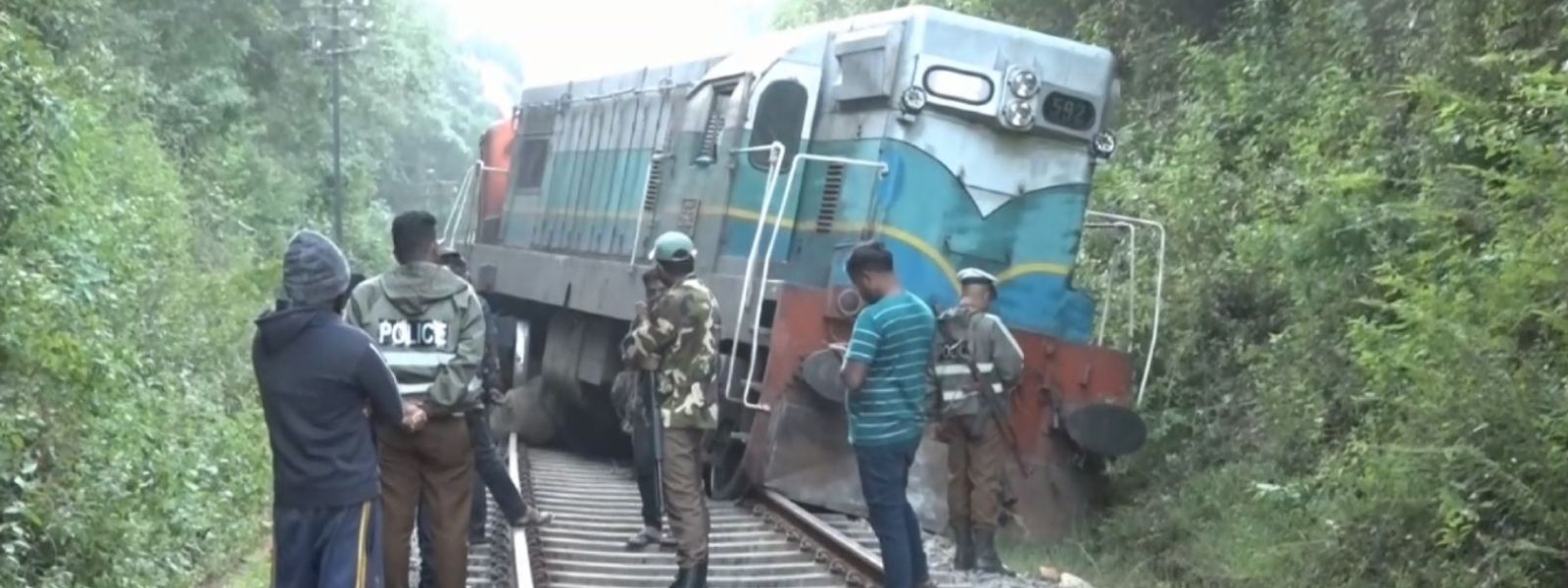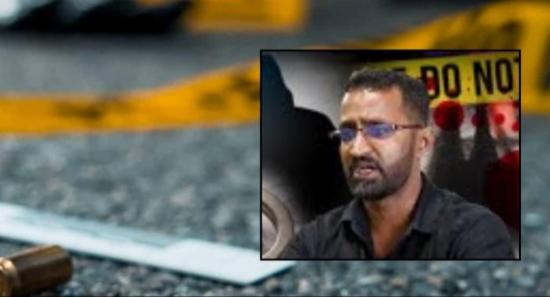.webp)

Sri Lanka's Strategic Plan to Prevent Train Collisions
COLOMBO (News 1st); Sri Lanka's government has unveiled a plan to prevent elephant-train collisions along the Batticaloa-Colombo railway line, a critical issue in forested areas.
"We discussed urgent measures to clear and maintain a 20-foot wide path on both sides of the railway track. This includes cutting and clearing 50 feet of undergrowth on either side. Additionally, we plan to fill any gaps along the railway to allow elephants to cross quickly when a train approaches. We will also install security posts and use solar panels for lighting. Long-term plans include cultivating the cleared areas near reservoirs and creating elephant corridors to facilitate safe passage between Kaudulla and Minneriya parks. We aim to allocate sufficient human resources for these tasks," stated Deputy Minister T.B. Sarath.
A special discussion on the use of technological tools to prevent elephant-train collisions was held, with the participation of officials from Sri Lanka Railways, wildlife officers, and innovators. The meeting aimed to explore innovative solutions to this pressing issue.
Environmentalist Dr. Ajantha Perera has taken a firm stance on the matter, submitting a letter to the Attorney General's Department, seeking action against locomotive drivers.
"The train was driven at an extremely high speed. This is not only dangerous but also a significant problem related to the driver's job. Today, we are here to request the Attorney General to suspend this driver's duties. He should no longer be allowed to continue in this role," Dr. Perera asserted.
In response, the Locomotive Operating Engineers' Union held a press conference to address these allegations.
K.E.U. Konthasingha, President of the Union, stated, "Certain voluntary organizations and environmentalists are blaming the train drivers without conducting a proper investigation or proposing practical solutions. We, as a union, strongly condemn this. If the drivers are unfairly treated due to these investigations or actions, we will take steps to avoid night shifts in the areas where elephant collisions are frequent, specifically between Mahawa-Galoya, Galoya-Trincomalee, and Batticaloa."
The urgency of the situation is underscored by recent statistics, with 66 elephant deaths reported in the past few days, including 13 from gunshots, 8 from electrocution, 4 from hakka patas (locally made explosives), and 8 from train collisions.
Last year, 11 elephants died in train accidents.
Last week, a passenger train hit an elephant herd near a wildlife sanctuary in Sri Lanka, killing six of the animals.
Four babies and two adults died near Minneriya, about 200 kilometers (124 miles) from the capital, Colombo.
Other Articles
Featured News





.png )








-781110_550x300.jpg)

-779769_550x300.jpg)
-779763_550x300.jpg)
















.gif)